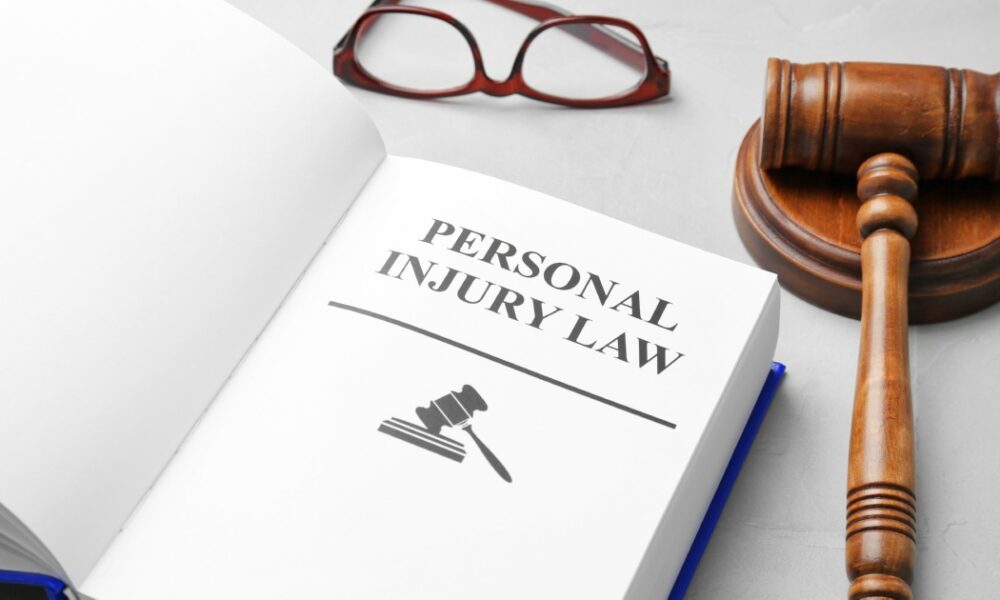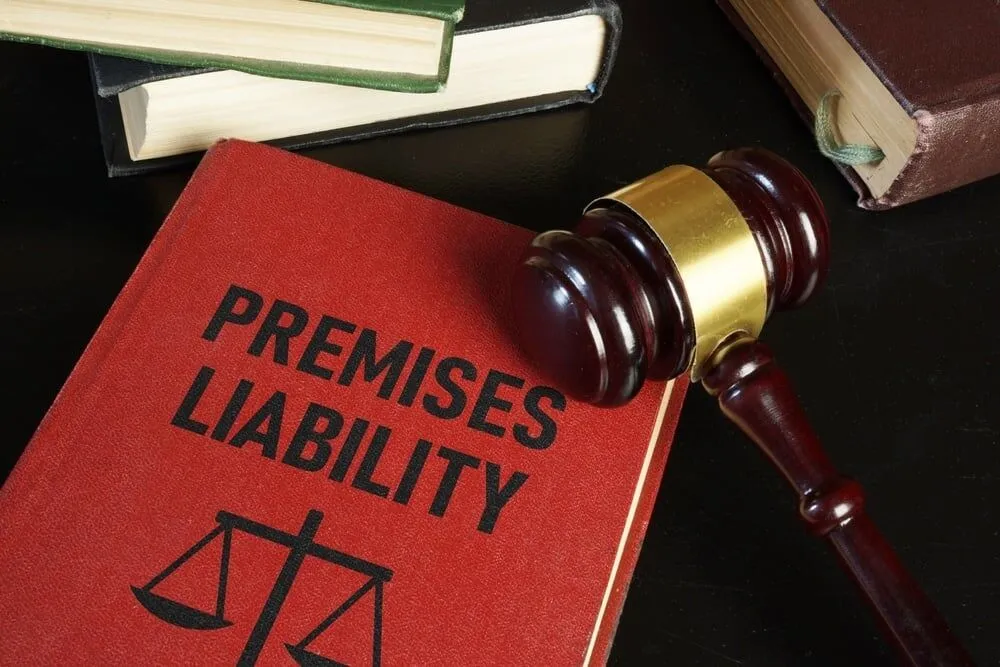When you decide to handle your own injury claim, you deal directly with liability claim professionals. Even when you feel confident, claim negotiations usually present unanticipated challenges. Before you finalize a settlement, you must consider this important question. Should I sign the insurance company’s release form in my injury case? Unfortunately, this question has no simple answer, but you should consult with your personal injury attorney before you do.
When an insurer offers you cash compensation, saying yes sometimes feels easier than saying no. Often a lump sum of money eliminates longstanding, injury-related economic difficulties. It gives you the financial flexibility to pay bills and buy necessities. If you sign a release of all claims, you must also acknowledge the potential for post-settlement regret. If you require future treatment, the liability insurer won’t pay. If you decide that your settlement isn’t enough, your signed release means you can’t change it.
Before you sign the insurance company’s release, you must also consider the following:
- Do you understand the legal issues?
- Do you understand your insurer’s subrogation rights?
- Do you know the different types of recoverable compensation?
- Do you understand your injury claim’s value?
- Do you know how much time you have to settle your claim?
- Have you considered who is asking you to sign away your legal rights?
This Q & A provides additional information about these critical questions. If you don’t feel comfortable addressing these issues, consult with a personal injury attorney to determine if they can help you.
Do You Understand the Legal Issues?
Whether you sustain injuries in a fall, an auto accident, or some other type of incident, you must prove that the other party is at fault. Liability insurers investigate to determine their insured’s liability for your injuries. Before you negotiate your claim, you should also have a basic understanding of the facts and legal issues. Except for dog bites and other strict liability situations, insurers usually assess fault based on a simple negligence framework.
- Duty Owed: Did their insured have a duty to act in a certain way?
- Duty Breached: Did they fail to meet that duty?
- Proximate Cause: Did their failure cause your accident?
- Damages: Did the accident cause your injuries?
A claim representative won’t always tell you if they believe that you are partially at fault. They simply use your state’s Comparative Negligence statute as a negotiation tool. They reduce their settlement offer based on their assessment of your negligence percentage. They won’t always explain their rationale unless you reject their offer.
Do You Understand Your Insurer’s Subrogation Rights?
Health and auto insurers often include a subrogation provision in their policies. They pay your medical bills but have a legal right to recover money paid out on your behalf. Government medical programs like Medicare have recovery rights that often surpass your legal rights. These insurers expect you to protect their interests and recover their subrogation amount from any settlement you receive.
Do You Know the Different Types of Recoverable Compensation?
Your settlement should include all compensation recoverable under your Sate’s law. It should reflect your injury severity, your recovery duration, and your economic and non-economic damages.
Economic damages
These include reasonable expenses incurred due to current and future treatment, recovery, and rehabilitation.
- Medical, hospitalization, and physician’s expenses
- Medication and prosthetic devices
- Surgical expenses
- Rehabilitation costs
- Replacement services
- Lost earnings and reduced earning capacity
- Funeral and burial expenses
Non-Economic Damages
The non-economic portion of your settlement should include current and future damages for emotional, psychological, and other losses.
- Pain and suffering
- Permanent and temporary disabilities
- Disfigurement and scarring
- Diminished parental and marital relationships: love, care, companionship, affection, etc.
- Loss of enjoyment of life and lifestyle changes
Do You Understand Your Claim’s Value?
Before you agree to sign a release, you must understand your claim’s unique value. When a liability claims representative makes a settlement offer, you should never sign off on compensation based solely on a diagnosis, medical bills, or some vague insurance company formula.
Your claim is different from anyone else’s. Even if you sustain the same injuries as another person, they affect you in different ways. Your settlement must include all of your economic and non-economic losses. It should acknowledge how your injuries and impairments affected you, your life, and your lifestyle. Unfortunately, as time passes, you lose track of many of the details necessary for establishing your claim.
- Pain and suffering experienced during early treatment, surgery, and recovery
- Temporary impairments and physical challenges that no longer exist
- Documentation proving your inability to work
- Paid services for cleaning, cooking, or caring for your family
To ensure that your settlement indemnifies you for all of your recoverable damages, consult with a personal injury attorney from The Miley Legal Group before signing any release. Attorneys do the research necessary to determine a fair settlement value for your claim. They manage the negotiation process so you don’t have to.
Do You Know How Much Time You Have to Settle Your Claim?
When you sustain a personal injury, you must settle your claim or file a lawsuit before your time runs out. You must resolve most personal injury claims within two years of your accident. A legal representative keeps track of critical deadlines and manages your injury claim accordingly.
Have You Considered Who is Asking You to Sign Away Your Legal Rights?
Insurance claims investigators and negotiators rarely fit the hard-nosed stereotype you hear about on TV. That doesn’t mean you should trust them. They are often courteous, polite, compassionate, and friendly, and they seem like truly nice people. They visit you when you’re hospitalized, and they keep in touch throughout your recovery. Sadly, these niceties are integral to their job description.
Claims representatives treat you like a “friend” to gain your confidence, cooperation, and trust. They don’t want you to contact a personal injury attorney, but they can’t say that because it’s unethical. Instead, they attempt to control you with kindness until you sign away your rights.
When a friendly liability claims representative asks you to sign the insurance company’s release form, you must remember that they are your adversary. They represent the person who harmed you. They work for that person’s insurance company. From the moment they reach out to you, they begin working toward their primary goals.
- Keeping you under control and away from personal injury attorneys
- Getting your name on a release to prevent a future lawsuit
- Settling your claim for as little as possible
Should You Sign a Release Before Talking to a Personal Injury Attorney?
When you sustain injuries in any type of accident, you should never handle your claim on your own. When you establish a working relationship with The Miley Legal Group’s personal injury attorneys, they begin protecting your legal rights immediately. They investigate your claim and evaluate the liability and injury issues. When appropriate, they contact the liability insurer or their legal representatives to discuss resolving your claim.
When you schedule a complimentary legal consultation with a personal injury attorney, you have an opportunity to discuss your case. You can learn more about your legal options and decide if you want to make a claim or file a lawsuit.




